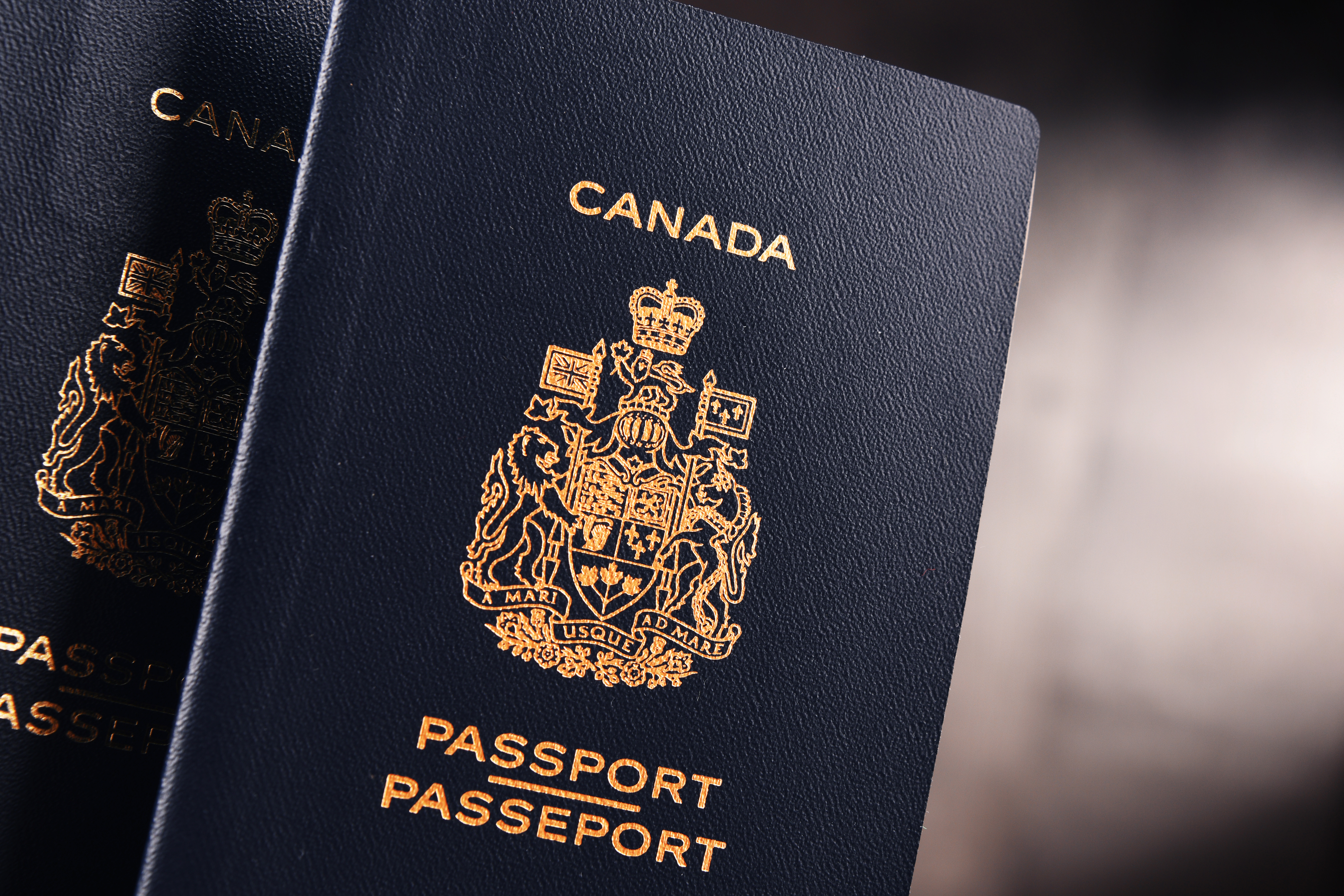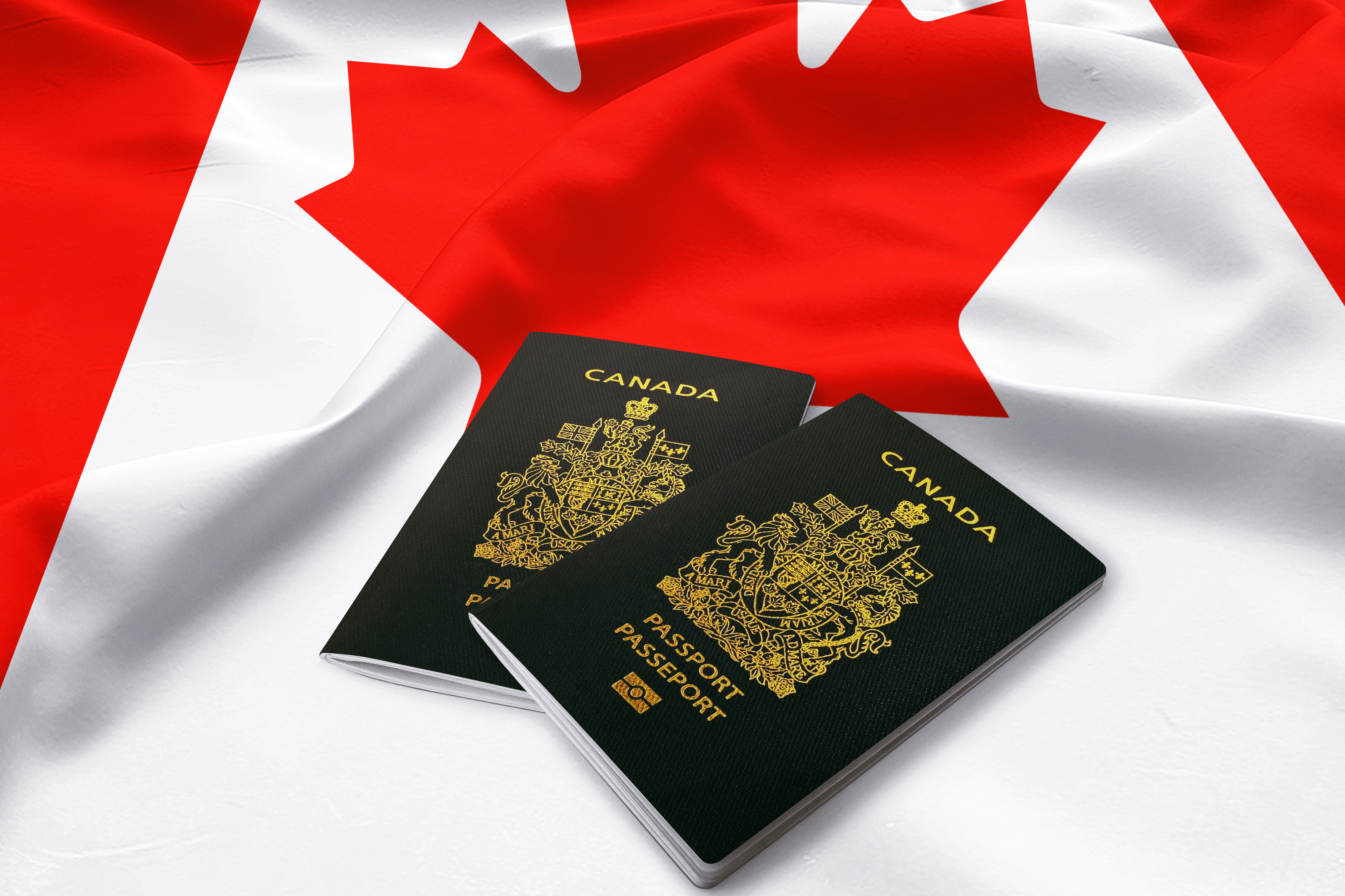Self-employed Persons is a federal program for independent workers to immigrate to Canada. Musicians, producers, fashion designers, coaches and other workers, involved in cultural or sporting activities for at least 24 months within the past 5 years (no breaks), are eligible to apply for the program. The Self-employed person immigration program (SEP) enables foreign nationals with no age restrictions, high language and education requirements to move to any part of Canada other than Quebec.
The main condition for the Self-employed program is proof of self-employment as a sole proprietorship without hiring employees. To qualify for the SEP, applicants must score a minimum of 35 points out of a possible 100 on several criteria. Applicants with the highest score are approved by the authorities to apply for permanent residency and to conduct legal professional activities in Canada. Read more about ways of SEP immigration program functioning, and what peculiarities of participation in the project will allow immigrants to move to Canada quickly.
List of occupations
The qualifications for participants in the Self-Employed Immigrant Program are determined by Item 5 of the NOC (National Occupational Classification of Occupations). Cultural, artistic or sports workers can work both on a global scale by participating in international competitions, contests, projects and nominations, and on a local level by earning a steady income from one or more clients.
Table of relevant occupations for participation in the SEP:
| NOC code | Type of activity |
|---|---|
| 5111 | Librarians |
| 5112 | Conservators (restorers of museum artifacts) and curators (sellers of museum artifacts) |
| 5113 | Archivists |
| 5121 | Authors and Writers |
| 5122 | Editors |
| 5123 | Journalists |
| 5125 | Translators |
| 5131 | Producers, directors, choreographers and related professions |
| 5132 | Conductors, composers and arrangers |
| 5133 | Musicians and singers |
| 5134 | Dancers |
| 5135 | Actors and comedians |
| 5136 | Painters and sculptors |
| 5211 | Technicians of libraries and public archives |
| 5212 | Technicians related to museums and art galleries |
| 5221 | Photographers |
| 5222 | Motion picture and video camera operators |
| 5223 | Technicians in printing |
| 5224 | Broadcast Technicians |
| 5225 | Audio and video recording technicians |
| 5226 | Other technical and coordination activities in film, broadcasting, and performing arts |
| 5227 | Film, broadcasting, photography and performing arts assistants |
| 5231 | Announcers and other broadcasters |
| 5232 | Circus performers, puppeteers, magicians, and magicians |
| 5241 | Graphic designers and illustrators |
| 5242 | Interior designers and decorators |
| 5243 | Theater, fashion, exhibit, and other creative designers |
| 5244 | Handmade: creating jewelry, flower arrangements, quilts, decor |
| 5245 | Fashion designer of textile, leather and fur products |
| 5251 | Athletes |
| 5252 | Trainers (coaches) |
| 5253 | Sports officials and referees |
| 5254 | Program managers, athletic and fitness instructors |
Other than cultural and sports workers, the list of eligible occupations previously included farmers, but as of March 10, 2018, this category of professionals was excluded from the program.
Requirements
The requirements for immigrating to Canada as Self-employed Persons are as follows:
- have experience in the declared field of work;
- be able to work in Canada as a self-employed person;
- have a minimum score of 35 points under the eligibility requirements;
- meet medical, legal and other criteria.
The maximum number of points the applicant can earn under the SEP eligibility criteria:
| Criterion | Max points |
|---|---|
| Education | 25 |
| Work experience | 35 |
| Level of proficiency in French or English | 24 |
| Age | 10 |
| Ties to Canada, number of family members when immigrating together | 6 |
| Total maximum number of points —100 | |
There is no need to prove that applicant’s education meets the Canadian educational system to participate in the Self-employed Persons program, but the evaluation (verification) of their diploma or certificate will help increase the score. The same applies to the state language test: Results of the CLB (Canadian Language Benchmarks) are not required, but demonstrated proficiency in English or French will increase the chances of a positive decision by the immigration service.
Applicants, who have made an exploratory visit to Canada, will receive favorable treatment from the visa officer who makes the decision on permanent residency. A visit to Canada to explore the country’s work and living environment is not a requirement, but is considered by the Canadian authorities to be proof of the applicant’s real intentions to settle in the host country. In addition to the documents provided, it is recommended that the applicant attach a detailed business plan indicating how he or she intends to generate income and settle in Canada.

Work experience
Work experience in the declared profession must be at least 2 years in the cultural or sports industry. Work experience can also be a combination of 12 months in the cultural sector and 12 months in sports. The maximum number of points is awarded for 5 or more years of income-generating experience in the relevant activity.
The immigration candidate can prove the necessary competence by providing:
- letters of recommendation from clients;
- signed contracts with clients;
- portfolio with work done;
- links to freelance forums and exchanges;
- publications about the candidate’s activities in the media;
- bank statements on the income received and the money spent;
- the acts of completed work.
Education
Depending on the period of education and the degree obtained, points are awarded.
| Education | Points |
|---|---|
| Master’s or Ph.D. degree and at least 17 years of full-time study | 25 |
| 2 or more university bachelor’s degrees and at least 15 years of full-time study | 22 |
| A 3-year college degree, professional certificate, or apprenticeship certificate and 15 years of full-time study | 22 |
| Two or more years of advanced education and at least 14 years of full-time study | 20 |
| Two-year degree, professional certificate or apprenticeship certificate and at least 14 years of full-time study | 20 |
| One-year university diploma at the bachelor’s level and at least 13 years of full-time study | 15 |
| One-year diploma, professional certificate or apprenticeship certificate and at least 13 years of full-time study | 15 |
| One year diploma, professional certificate or apprenticeship certificate and at least 12 years of full-time study | 12 |
| High school diploma | 5 |
Language Proficiency
Self-employed applicants are assessed for listening, reading, writing, and speaking. A foreigner, who speaks both English and French, can choose which language they are comfortable using when applying. It is not obligatory to indicate the language level in the application, but if they prove their knowledge with the test results, they get an advantage over other applicants. The language test can be taken at accredited agencies located in the immigrant’s country of residence.
If choosing English:
- IELTS International English Language Testing System (general preparation);
- Canadian English Language Proficiency Index program CELPIP (test General, CELPIP-G).
If choosing French:
- TEF Canada French test;
- TCF Canada French Test: Test de connaissance du français.
The results of the language test can be used for 2 years after the test date and must be valid at the time of application. Self-employed applicants are awarded a maximum of 24 points for French or/and English language skills.
Money
If a foreigner apply for the Self-employed program, they will have to pay government fees, the total amount depending on the number of family members included in the application. There are fees for the application process, fingerprinting, and residency registration fees.
Application processing fees for the Self-employed immigration program:
| Purpose of payment | Price, CAD | Price, USD |
|---|---|---|
| Processing of the main applicant’s application | 1575 | 1285 |
| Fee for registration of permanent residence permit | 500 | 408 |
| Processing a spouse’s application | 825 | 673 |
| Fee for the registration of the Permanent Residence Permit for a spouse | 500 | 408 |
| Dependent child application processing | 225 | 184 |
| One person biometric test | 85 | 70 |
| Maximum fee for biometrics per family | 170 | 139 |
Business plan
There is no mandatory business plan clause among the conditions of Self-employed, but visa officers may require a detailed description of the freelancer’s future activities in Canada when reviewing applications. Therefore, it is recommended that the self-employed person’s profit strategy be attached to the application package in order to avoid additional questions at the interview and minimize the risk of rejection.
The business plan is supposed to show that the applicant has an understanding of future actions after relocation. The candidate also needs to convince Canadian officials that their activities will be beneficial to the government. Specialists recommend writing a 50-100 page description with a detailed action plan, specifying expected profits and expenses for 2-3 years.
Documents
For a complete list of documents to apply for a self-employed person program, please refer to the checklist on the CIC, Canada’s governmental website. The applicant should include their completed checklist form as the cover page of the application package.
When applying for a self-employed program, a foreigner must also submit documents that verify the information on the principal applicant and their family members as stated on the application form:
- a standard application form for immigration to Canada (IMM 0008) completed and signed by the principal applicant;
- attachment A, containing personal information about the applicant for the past 10 years (IMM 5669), completed, dated and signed by the principal applicant, the spouse or common-law partner and each dependent child (whether or not they are accompanying the applicant) over 18 years;
- declaration (IMM 0008DEP) of additional dependents (if applicable) completed, dated and signed by the principal applicant if the applicant has more than 5 dependents (whether or not accompanied by them);
- a completed travel form (IMM 5562);
- appendix 6A form for self-employed persons;
- additional family information (IMM 5406);
- proof of education (certificates, diplomas, degrees, transcripts);
- proof of relevant work experience within 5 years prior to application;
- proof of educational credential(s) from the applicant’s spouse or civil partner;
- marriage certificate (if applicable);
- certificate of divorce (if applicable);
- proof of civil marriage (IMM 5409);
- copy of all completed passport or travel documents pages of the principal applicant, spouse or civil partner and dependent children;
- police certificates from each country or territory where the applicant has lived for 6 consecutive months or more since the age of 18;
- identity and civil status certificates;
- birth certificates of the spouse or civil partner;
- children’s birth certificates (which include the names of the parents);
- children’s adoption documents issued by authorized national bodies (if applicable);
- proof of full custody of children under the age of 18;
- notarized statement from the unaccompanied parent/guardian for minor children immigrating to Canada (IMM 5604 – original);
- school transcripts showing the number of hours of education;
- 2 photographs of each family member of the principal applicant, whether they are immigrating or not, taken within 6 months prior to the application;
- a receipt of payment of government fees.
If the applicant is unable to provide any of the requested documentation, a written explanation must be attached to the application with complete information as to why this documentation is unavailable.

How to apply for the program
The step-by-step process for immigrating to Canada under the federal self-employment program is as follows:
- Submitting an application. The applicant collects the necessary proof of information contained in the application. After completing all the forms and questionnaires, the applicant mails them to Immigration Canada.
- Passing biometrics and medical examination. As confirmation of acceptance of his documents, the applicant receives a letter from the CIC with detailed instructions on where to submit his fingerprints and undergo a physical examination. Applicants should complete the fingerprinting procedure and physical exam as soon as possible after receiving the instructions to avoid delays in processing, as recommended by the CIC.
- Waiting for Decision. The application processing time for the self-employed program in Canada can be up to 34 months. During this time, the applicant agrees to inform the Canadian authorities of any changes in his or her personal life, job change or marital status. The application is decided on the basis of the applicant’s eligibility for the program, as well as the results of the medical examination and the information in the police reports. The office that processes the application may request additional documents or invite the applicant for an interview.
- Obtaining a Visa. If the application is approved, the candidate is asked to send their passport to the Canadian Visa Office to get a COPR and an entry permit. Immigrants must carry the COPR and visa when they arrive in Canada.
- Moving to Canada and applying for permanent residency. When an immigrant arrives at the Canadian border, the Canadian Border Services Agency (CBSA) officer will meet them. The officer will check to see if the immigrant has entered the country before the expiration date of their visa (this document cannot be extended). At the border, the immigrant must provide proof of money to support their family. The border officer will ask a few questions to make sure the applicant still meets the conditions of the Canadian immigration program. If the applicant meets the requirements, the officer will allow the applicant to enter Canada as a permanent resident. At the border crossing, CBSA officers will need to confirm the mailing address in Canada to which the permanent resident card will be mailed.
The Self-employed program is becoming more and more attractive to immigrants because of its low entry score and no requirements for ties to Canada, language skills and education. Meanwhile, the review of applicants’ documents can take several years, and visa officers’ decisions are often subjective and unreasonable.
If Citizenship and Immigration Canada (CIC) officer finds even the slightest discrepancy between the information on the application and the applicant’s answers to questions during the interview, the permanent residency application may be denied. In such cases, the immigrant could be banned from Canada for five years. Therefore, when applying for permanent residency, it is important to carefully fill out the application form and answer the questions honestly during the interview. To ensure that the applicant receives a Canadian permanent residency card, it is recommended enlisting the help of experienced international lawyers at all stages of the immigration process.
After the calculation, you will know how much money you need to move to Canada.














